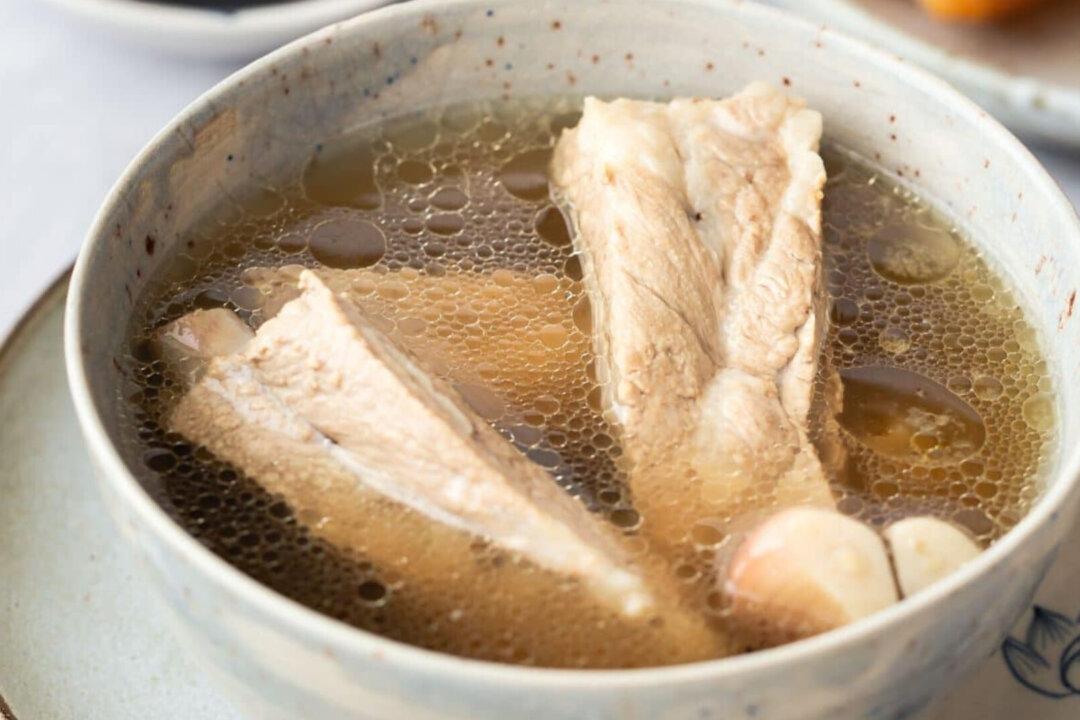An Australian study has found that bak kut teh, or pork ribs soup, could cause liver failure if used in conjunction with Western medication.
Bak kut teh is a popular Chinese dish, whose name translates to meat bone tea. However, there is no tea in the dish, made up of pork ribs that have been simmered in a broth of herbs and spices. Instead, the name refers to a strong oolong Chinese tea served alongside the soup in the belief that it cuts through the copious amount of fat consumed in this pork-laden dish.





